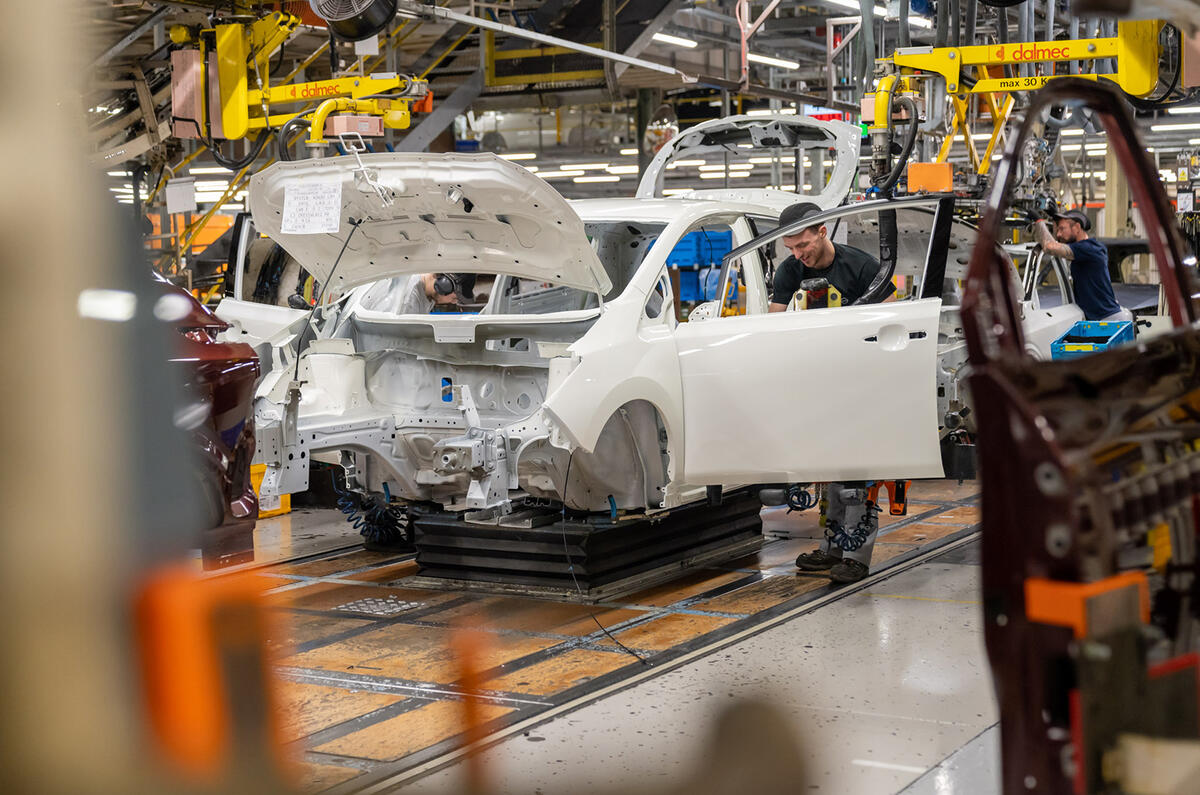The UK government has outlined more than £2 billion of investment for the automotive industry, which forms part of a new Advanced Manufacturing Plan.
The investment was first outlined by chancellor Jeremy Hunt in his Autumn Statement recently, and details have now been given with the publication of the full plan. It includes around £4.5bn of total investment in the “UK’s world-leading manufacturing industries”, including automotive, aerospace, clean energy and life sciences.




Add your comment